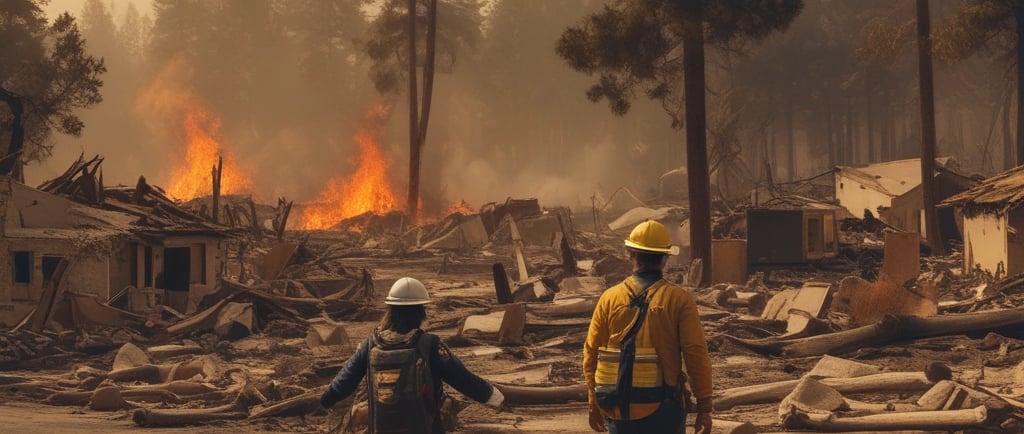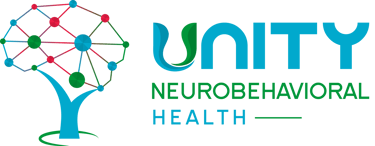Psychological First Aid After Wildfires: Caring for Southern California Communities
The recent Southern California wildfires have left deep emotional scars across communities. This post introduces Psychological First Aid (PFA) as a practical, compassionate approach to supporting survivors of all ages. Learn how to recognize trauma responses across the lifespan, the neuropsychological impact of disaster stress, and how communities can promote resilience and healing in the aftermath.
Luis Efren Aguilar, Psy.D.


In the wake of the devastating Southern California wildfires, many residents are left with not only physical losses, but emotional wounds that linger long after the flames are extinguished. Psychological First Aid (PFA) is a compassionate, evidence-informed approach that offers immediate, supportive care to individuals affected by disasters.
What Is Psychological First Aid?
PFA is designed to reduce initial distress and foster short- and long-term adaptive functioning. Unlike traditional therapy, it’s focused on stabilizing and empowering individuals during the acute aftermath of a crisis.
The core principles of PFA include:
Ensuring safety and comfort
Connecting people to social support
Enhancing self-efficacy
Providing information on coping
Lifespan Impacts of Disaster
Children: Often exhibit regression, nightmares, or clinginess. They benefit from routine, reassurance, and age-appropriate explanations.
Adults: May experience guilt, anxiety, and hypervigilance. The loss of a home or livelihood adds financial and emotional stress.
Older adults: Are especially vulnerable due to mobility issues or chronic illness, and may show confusion, isolation, or grief over lost memories and possessions.
The Neuropsychological Toll
Chronic stress from natural disasters activates the hypothalamic-pituitary-adrenal (HPA) axis, resulting in prolonged cortisol exposure, which can impair memory, attention, and executive function.
How Communities Can Respond
Set up mobile mental health units and support groups
Train first responders and volunteers in PFA principles
Offer culturally and linguistically appropriate services
Resources:
SAMHSA PFA Field Manual
© 2025 Unity Neurobehavioral Health. All rights reserved.


Office Location
(By Appointment Only)
Physical Address: 118 West Lime Avenue, Suite 101, Monrovia, CA 91016
Telephone: (626) 321-2889
Fax: (626) 593-4199
Email: info@unityneuro.com
